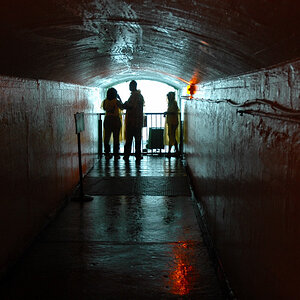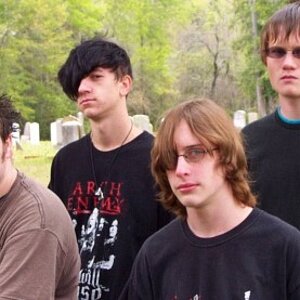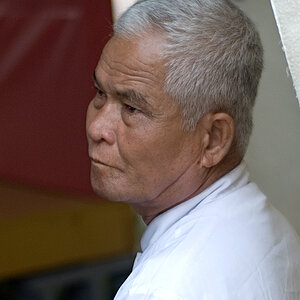- Joined
- Feb 1, 2004
- Messages
- 34,813
- Reaction score
- 822
- Location
- Lower Saxony, Germany
- Can others edit my Photos
- Photos NOT OK to edit
First online article on the concert my choir sang last Friday night that I can find (found it just now).
I expect the other one (of the other paper) any time soon now, too.
http://www.kreiszeitung.de/scheesselmeldungen/00_20081110003117_Das_Publikum_war_begeistert.html
I'm afraid it is written in German, though.
I am in that photo, by the way. Not easy to find me... but I am there. I sang along !
!
I expect the other one (of the other paper) any time soon now, too.
http://www.kreiszeitung.de/scheesselmeldungen/00_20081110003117_Das_Publikum_war_begeistert.html
I'm afraid it is written in German, though.
I am in that photo, by the way. Not easy to find me... but I am there. I sang along







![[No title]](/data/xfmg/thumbnail/36/36966-71220579619c9a335442302fce0e57aa.jpg?1619737842)
![[No title]](/data/xfmg/thumbnail/34/34691-2fa9779b0e77f698b193a633b9242553.jpg?1619736604)

![[No title]](/data/xfmg/thumbnail/34/34689-7546fa5b2c817c48b60563925693cd53.jpg?1619736604)
![[No title]](/data/xfmg/thumbnail/37/37602-1ef8dbb1c2d0e4ff347ee65d328c3603.jpg?1619738147)


